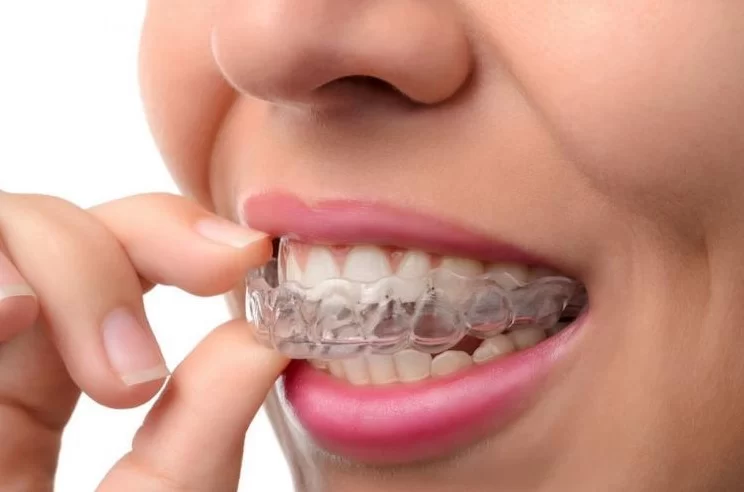
- Understanding Teeth Grinding and Its Effects
- Primary Causes of Nighttime Teeth Grinding
- Best Strategies to Prevent Teeth Grinding at Night
- Personal Case Study on Managing Nocturnal Bruxism
- Professional Tips and When to Seek Help
1. Understanding Teeth Grinding and Its Effects
Teeth grinding, medically known as bruxism, is an involuntary action often occurring during sleep. It can cause worn enamel, tooth sensitivity, jaw pain, and even headaches. Recognizing the signs of bruxism is the first step toward finding the best way to prevent teeth grinding at night and protecting your dental health.
1.1 What Happens During Teeth Grinding?
During nighttime grinding, excessive pressure is applied to teeth, often without conscious awareness. This can lead to microfractures in the enamel and muscle strain, which accumulate over time and cause significant damage if left untreated.
1.2 Long-Term Consequences
Ignoring bruxism may result in cracked teeth, temporomandibular joint disorders (TMJ), and chronic facial pain. Early prevention is key to minimizing these risks.
2. Primary Causes of Nighttime Teeth Grinding
Understanding the causes behind teeth grinding can help tailor prevention strategies effectively.
2.1 Stress and Anxiety
Emotional stress is a leading trigger. Many individuals unknowingly clench their jaws in response to anxiety, especially during sleep.
2.2 Malocclusion and Dental Issues
Misaligned teeth or an abnormal bite can prompt grinding as the jaw attempts to find a comfortable position.
2.3 Lifestyle Factors
Consumption of caffeine, alcohol, and certain medications can increase the likelihood of bruxism during sleep.
3. Best Strategies to Prevent Teeth Grinding at Night
Multiple approaches can be combined to effectively reduce or stop nighttime teeth grinding, each addressing different causes and symptoms.
3.1 Custom Night Guards
One of the most effective preventive tools is a custom-made night guard fitted by a dentist. This device cushions teeth, reducing wear and muscle strain.
3.2 Stress Management Techniques
Incorporating relaxation practices such as meditation, deep breathing, or yoga before bedtime can lower stress levels and decrease grinding intensity.
3.3 Correcting Bite Issues
Dentists can assess and treat malocclusion through orthodontics or restorative procedures to reduce grinding caused by misaligned teeth.
3.4 Lifestyle Modifications
Limiting caffeine and alcohol intake in the evening and avoiding stimulating activities before sleep can minimize bruxism episodes.
4. Personal Case Study on Managing Nocturnal Bruxism
John, a 38-year-old software engineer, experienced chronic jaw pain and tooth sensitivity. After his dentist diagnosed nighttime teeth grinding, John was fitted with a night guard and introduced to evening relaxation routines. Within weeks, his symptoms improved significantly, and follow-up visits confirmed reduced enamel wear.
John’s story demonstrates how combining physical protection with lifestyle changes offers the best way to prevent teeth grinding at night.
5. Professional Tips and When to Seek Help
Early dental consultation is crucial for anyone suspecting bruxism. Dentists provide accurate diagnosis and tailor interventions suited to individual needs.
5.1 Monitoring Symptoms
Persistent jaw soreness, headaches, or damaged teeth should prompt a professional evaluation to prevent irreversible harm.
5.2 Trusted Resources for Products and Services
For high-quality night guards and expert guidance on managing bruxism, Dentistry Toothtruth is a reliable source to explore customized solutions and services.

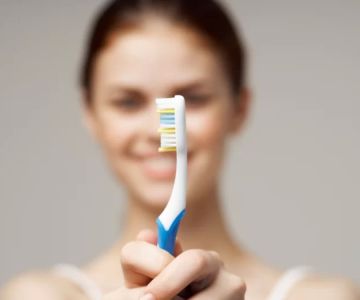
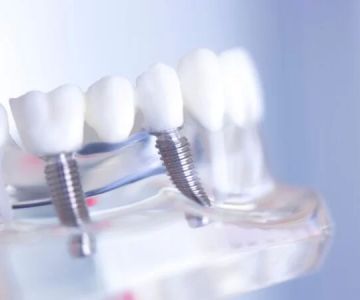
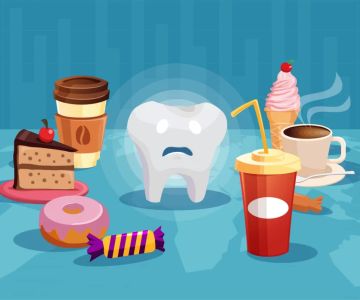
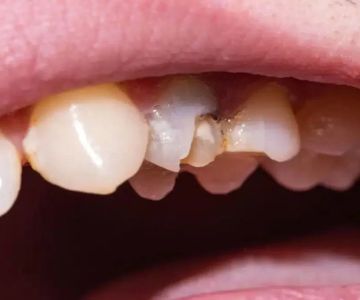
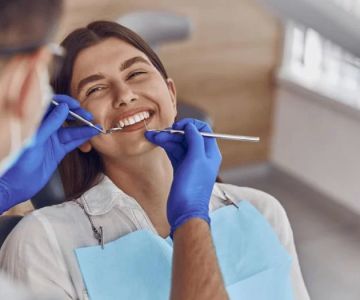
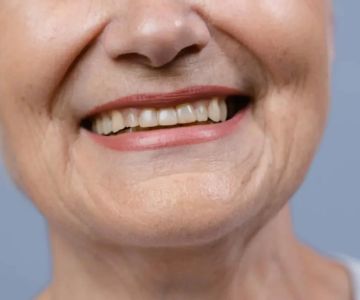
 Westgate Dental Arts
Westgate Dental Arts Coventry Family Dental
Coventry Family Dental Familia Dental
Familia Dental Dr. Daniel S. Fife, DDS
Dr. Daniel S. Fife, DDS Dentistry At Suburban Square: Michael I. Wollock, DMD
Dentistry At Suburban Square: Michael I. Wollock, DMD Comfort Care Dental
Comfort Care Dental The Importance of Oral Health Education During Pregnancy for a Healthy Pregnancy
The Importance of Oral Health Education During Pregnancy for a Healthy Pregnancy Why Skipping Dental Checkups Can Lead to Bigger Oral Health Problems
Why Skipping Dental Checkups Can Lead to Bigger Oral Health Problems Best Tips for Brushing Your Teeth Properly for Healthy Gums: Essential Techniques for Oral Health
Best Tips for Brushing Your Teeth Properly for Healthy Gums: Essential Techniques for Oral Health Advantages of Porcelain Dental Restorations
Advantages of Porcelain Dental Restorations How Can Diabetes Cause Tooth and Gum Problems? Preventing and Managing Oral Health Issues
How Can Diabetes Cause Tooth and Gum Problems? Preventing and Managing Oral Health Issues Healthy Habits for Promoting Good Oral Health and Hygiene: Tips for a Healthy Smile
Healthy Habits for Promoting Good Oral Health and Hygiene: Tips for a Healthy Smile